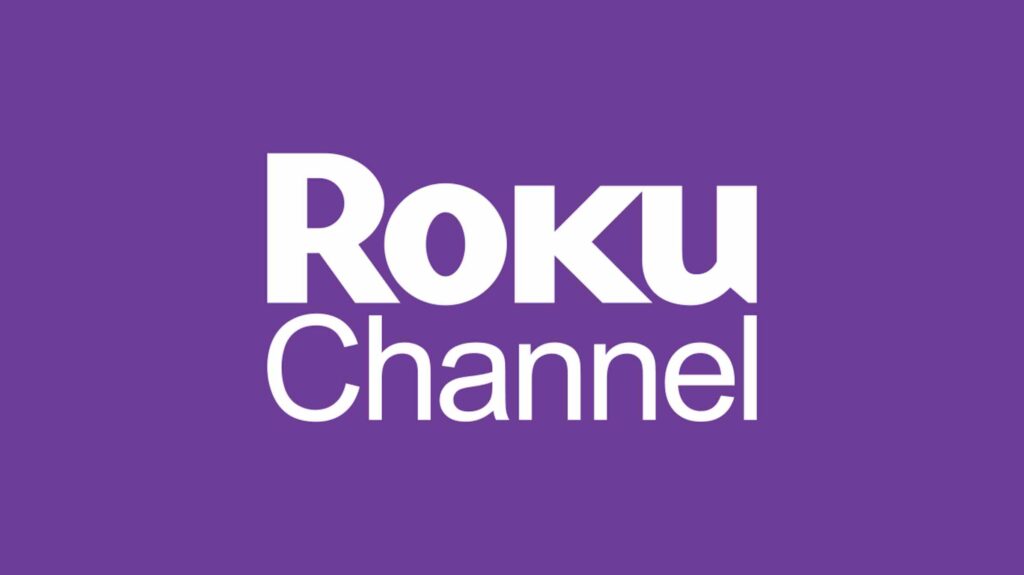Canada has initiated a bold step to support its local broadcasting system by mandating major online streaming services, including Netflix and Spotify, to contribute 5 percent of their Canadian-generated revenue. This move, announced by the Canadian Radio-television and Telecommunications Commission (CRTC), aims to generate approximately $200 million annually, earmarked for the enhancement of local news and domestic content creation.

CRTC’s Decision Amidst Broad Opposition
Despite facing significant opposition from tech giants such as Amazon, Apple, Disney, Google, Netflix, Paramount, and Spotify, the CRTC has pressed forward with its decision. Starting in the 2024–2025 broadcast year, these companies will be required to pay fees that are predicted to significantly bolster the Canadian cultural landscape.
Notably, the regulation will only affect online streaming services generating at least $25 million per year in Canada, excluding revenues from audiobooks, podcasts, video games, and user-generated content like those on YouTube.

Canada Supporting a Diverse Media Landscape
According to the CRTC, the fees collected will be strategically deployed to support critical areas within the Canadian broadcasting sector. This includes funding for local news on radio and television, French-language content, Indigenous productions, and content aimed at equity-deserving communities and diverse Canadian backgrounds.
Vicky Eatrides, the CRTC Chairperson, emphasized that this regulatory measure ensures that online streaming services contribute meaningfully to the promotion and development of Canadian and Indigenous content.

Industry Reactions: Criticism and Praise
The decision has elicited a mixed response from industry stakeholders. The Motion Picture Association-Canada (MPA-Canada) critiqued the move, labeling it as an outdated regulatory approach that could hinder collaborations between global streamers and Canadian creatives.
They argue that the imposition of such fees could deter investment in Canadian storytelling, despite streamers having invested over $6.7 billion annually in Canadian content production. Conversely, the Canadian Media Producers Association lauded the decision, pointing out that it benefits independent producers by leveling the playing field within the industry.
The Digital Media Association also voiced concerns, suggesting that the new fee acts as a discriminatory tax against music streaming services and could exacerbate Canada’s affordability crisis.
Looking Ahead: The Impact of CRTC’s Decision
As streaming services contemplate the possibility of increasing subscription fees to counterbalance the new regulatory costs, the broader implications for Canadian consumers and global streaming service operations remain to be seen.
This regulatory approach marks a significant step in Canada’s efforts to sustain and nurture its local broadcasting and content production industries, potentially setting a precedent for other nations grappling with similar challenges.










